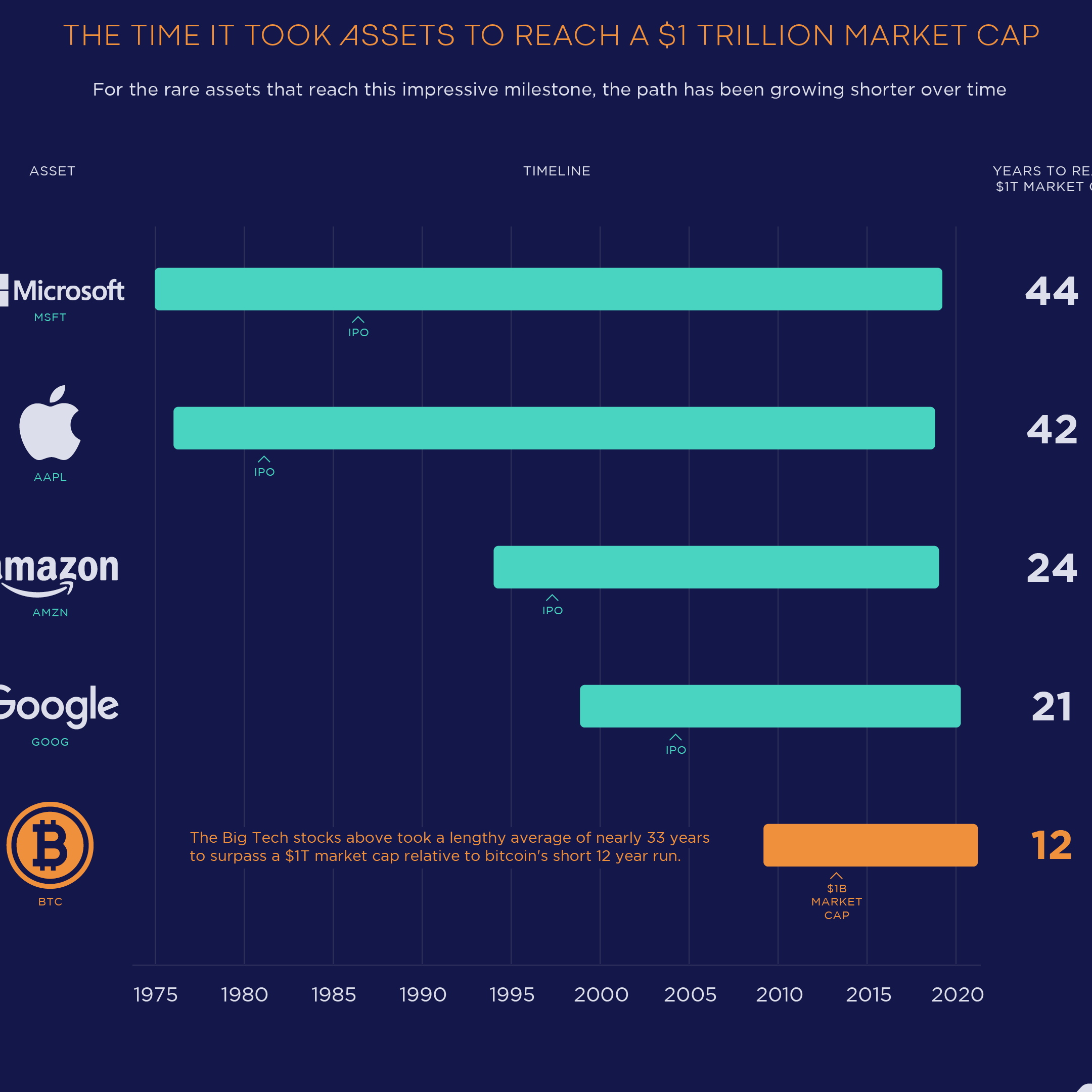It’s well known that working in the financial industry is a lucrative career path. With giant firms offering eager graduates the opportunity to make sizeable salaries straight out of university, competition to break into the sector is fierce.
How do finance career salaries compare?
At the top of the heap, investment banking still holds the number-one spot when it comes to the biggest incomes on offer. Compared to entry-level roles in retail and the public sector, graduate salaries in investment banking can reach up to double those of other sectors.
With average starting salaries for graduates at Goldman Sachs and Morgan Stanley reaching up to £45,000, first pay checks at the top investment firms can also include large bonuses and ‘golden handshakes’ on joining the company.
Alongside careers in energy and consulting, starting salaries are highest in the financial sector, with graduate jobs in banking and investment among very few career paths that offer the most impressive starting salaries. Law firms come in a close second place, closely followed by other banking and finance careers, which offer a median salary of £33,000.
Although wages are noticeably lower in retail banking than investment, the roles on offer are still competitive. Trainee accountants, for example, can expect to earn around £30,000 a year – considerably more than graduates working in the public sector, but less so than trainee lawyers, who regularly rake in salaries of £39,000.
Salaries on the up!
If you’re interested in a finance career, even better news is that graduate salaries in banking and finance are on an upward trend. With average wages already comparatively high, the past few years have seen banking, finance and accountancy salaries generally increasing year by year. Unfortunately, the same cannot be said of most other graduate sectors in the UK. Even relatively well paid graduates in law have not seen starting salaries rise for several years.
For fresh graduates just starting out in their careers, financial careers offer the ability to receive large sums at an early stage in their careers, often sooner than their counterparts in other sectors. Coupled with high employability and a steady rise in the potential to earn more each year, it’s easy to see what make makes financial careers an increasingly attractive prospect in today’s graduate jobs market.

For years I have studied American finance regulations. All the information in this blog is sourced from official or contrasted sources from reliable sites.
Salesforce Certified SALES & SERVICE Cloud Consultant in February 2020, Salesforce Certified Administrator (ADM-201), and Master degree in “Business Analytics & Big Data Strategy” with more than 13 years of experience in IT consulting.
